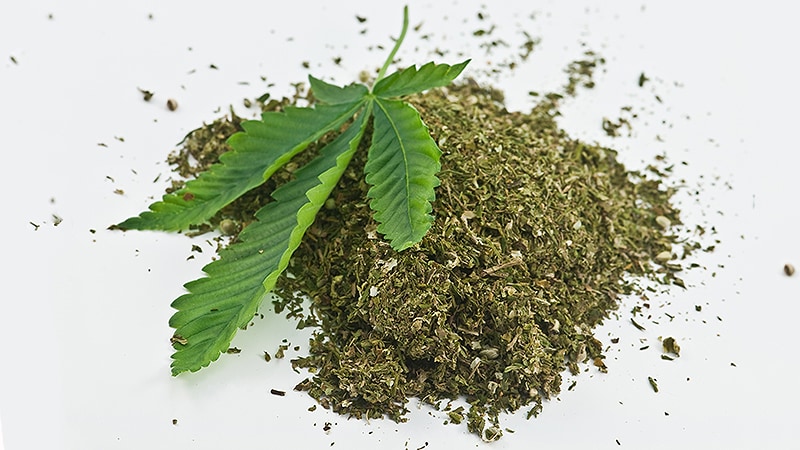Four Deaths Linked to Rat Poison–Laced Synthetic Pot
Florida health authorities have issued a new report of four deaths related to the ingestion of synthetic marijuana laced with brodifacoum, a powerful poison used to kill rats.
The deaths occurred in November and December 2021 in and around Tampa, Florida, and were discovered in the wake of an investigation by county health departments and emergency department physicians and medical examiners at local hospitals.
The findings, which included 43 confirmed and nine probable cases of serious bleeding linked to ingestion of synthetic cannabinoids laced with the rat poison, were announced October 6 in Morbidity and Mortality Weekly Report.
Repeat of 2018?
The investigation started soon after the Florida Poison Information Center Tampa notified the state health department that it had received reports of three people with unexplained bleeding and a history of synthetic cannabinoid use.
Their symptoms and high-risk behavior resembled those seen in 2018, when at least 160 individuals who had ingested synthetic marijuana came to hospitals with unexplained bleeding. Three of these patients died that year.
The Centers for Disease Control and Prevention issued an alert at that time, warning that use of synthetic cannabinoids such as K2, Spice, and AK47 could lead to coagulopathy and severe abdominal pain. The US Food and Drug Administration also warned about the dangers of the substance and said that it was concerned the poison might be entering the blood supply via contaminated donors.
The patients In the December 2021 cases ranged in age from 16 to 63. All were hospitalized, and four died. Forty-seven (87%) reported that they had used synthetic marijuana; five did not report this, although they tested positive for the rat poison and their international normalized ratio (INR), which is a measure of bleeding, was elevated.
The most common symptoms were hematuria (experienced by 70% of those hospitalized), abdominal pain, and vomiting of blood. INR measureements were elevated for all patients (median, 12.8; range, 3.9 to >15).
The Florida health authorities said that use of synthetic marijuana presents challenges to the health system, because the testing of blood for the rat poison costs at least $750 per specimen.
To stem the bleeding and clear the poison, patients must be given vitamin K1, either intravenously or orally. Some patients had to take vitamin K1 for 3 to 6 months after hospitalization. Vitamin K1 is in short supply and costs more than $65,000 per month, according to the report.
Two thirds of the Florida patients were uninsured and could not pay for inpatient and outpatient treatment.
Poison control centers continue to report exposures to synthetic marijuana. In 2021, the Florida Poison Control Center reported a total of 94 exposures.
Florida is among the states in which a high number of reports has occurred, according to the American Association of Poison Control Centers (AAPCC). As of September 30, 2022, poison control centers have fielded 182 calls regarding synthetic cannabinoid–related exposures, the AAPCC said.
Sixty-six of these calls were in Texas, 43 in Virginia, 30 in Florida, and 27 in New York, the association reported.
MMWR Morb Mortal Wkly Rep. Published online October 6, 2022. Full report
Alicia Ault is a Lutherville, Maryland-based freelance journalist whose work has appeared in publications including JAMA and Smithsonian.com. You can find her on Twitter @aliciaault.
For more Medscape Psychiatry news, join us on Facebook and Twitter.
Source: Read Full Article
